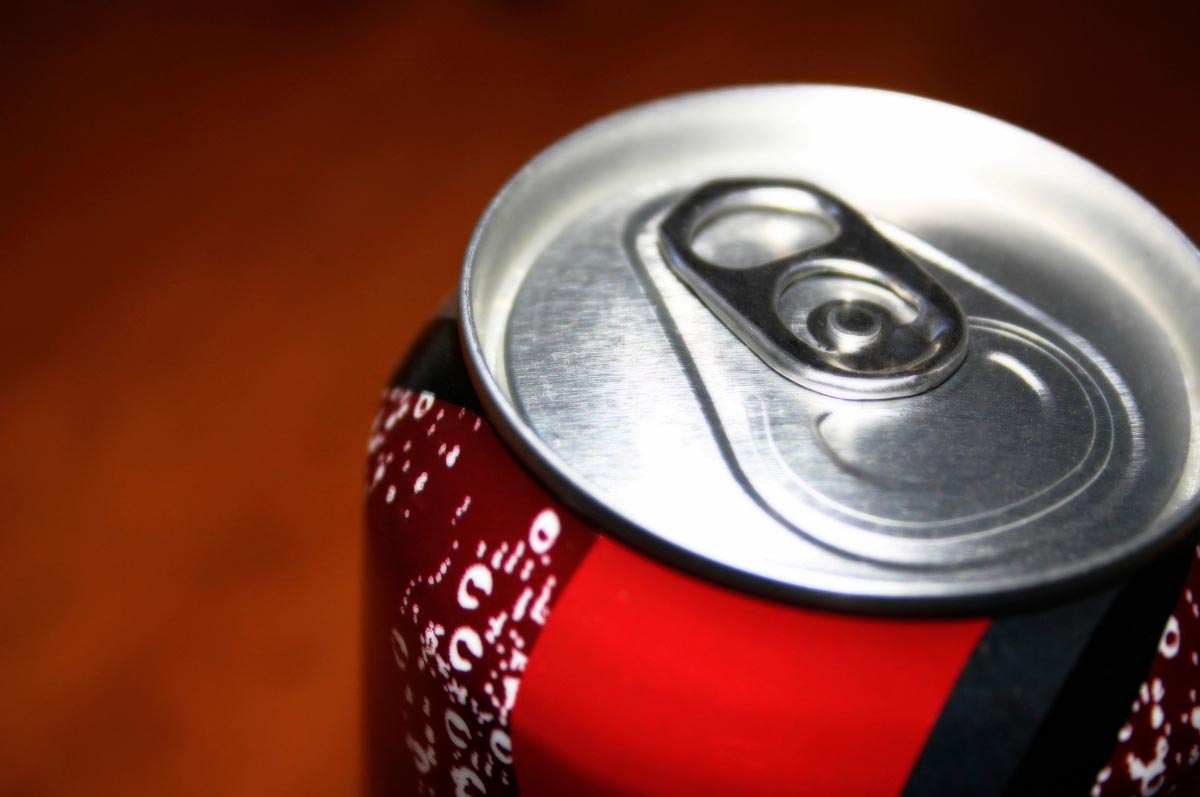Cancer cells are fueled by sugary drinks, making tumors grow faster
08/03/2019 / By Tracey Watson

Many studies have established a clear link between obesity and increased risk of cancer. A sedentary lifestyle, high alcohol intake and a junk food diet all contribute to obesity. One of the most direct causes of weight gain, however, is consuming drinks and processed foods that are high in sugar.
One of the cancers most clearly linked to obesity is colorectal cancer, the third most common cancer to be diagnosed in American men and women, and the third leading cause of cancer-related death. Though the death rate from colorectal cancer has been dropping in recent decades – most likely thanks to early detection methods – the actual number of people being diagnosed with this form of cancer continues to increase.
Despite the clear link between obesity and cancer, very few studies have considered the direct association between high sugar intake and the risk of colorectal and other cancers. A recent animal study by researchers from Baylor College of Medicine and Weill Cornell Medicine, published in the journal Science, found a definite link between increased consumption of high fructose corn syrup and accelerated tumor growth in mice with colorectal cancer.
What is high fructose corn syrup?
High fructose corn syrup (HFCS) is a type of artificial syrup made from corn syrup and very commonly used in sugary drinks and processed foods. (Related: High fructose corn syrup increases abdominal fat and insulin resistance.)
As explained by Healthline, HFCS is really bad for human health for multiple reasons, including:
- It unnaturally increases the amount of fructose in your diet, and fructose causes health issues when consumed in large amounts. The human body is not equipped to properly process fructose, since our diet is only meant to contain small amounts of this sugar from fresh fruits and vegetables.
- HFCS is easily converted into fat which can cause fatty liver disease and type 2 diabetes.
- Sugar consumption in general has been linked to increased inflammation, which is known to increase risk of obesity, cancer and heart disease.
- It’s empty junk that adds no nutritional value to your diet.
Sugar feeds tumors in colorectal cancer
Medical News Today explains how the study referenced above was conducted:
In the first stage of the study, the researchers allowed the mice to drink the sugary beverage freely. As a result, the rodents put on a lot of weight within just 1 month.
To determine whether or not the corn syrup would boost cancer growth independently of obesity, the team then decided to administer the sugary drink in a way that would allow the mice to ingest it without putting on weight. So, the researchers gave the mice the sugary drink orally through a specially designed syringe once a day for 2 months.
Following this 2-month intervention, the investigators observed that the rodents had not put on too much weight, but they had indeed developed larger, more advanced tumors than the rodents who had only received water.
According to the researchers, these findings show that animals who already have early stage tumors and then consume even modest amounts of HFCS experience accelerated growth and progression of tumors, even if they are not obese. (Related: Cancer cells use sugar to divide; starving them of sugar can slow their progression.)
“Further research is needed to translate these [sic] discovery to people,” explained co-author Jihye Yun, an assistant professor of molecular and human genetics at Baylor College of Medicine. “However, our findings in animal models suggest that chronic consumption of sugary drinks can shorten the time it takes cancer to develop.” Learn more about preventing colorectal and other cancers at Cancer.news.
Sources for this article include:
Submit a correction >>
Tagged Under:
cancer, cancer risk, Colorectal Cancer, discoveries, fight obesity, HFCS, high-fructose corn syrup, ingredients, lifestyle, research, slender, sugar, sugary drinks, sweeteners, tumor growth, tumors
This article may contain statements that reflect the opinion of the author
RECENT NEWS & ARTICLES
COPYRIGHT © 2017 SWEETENERS NEWS





















